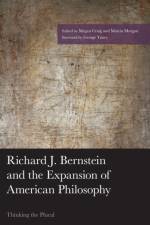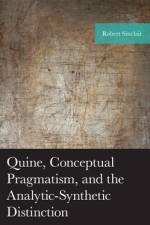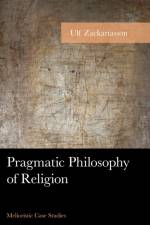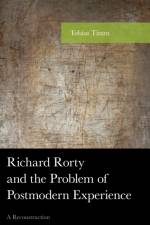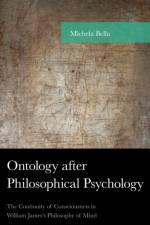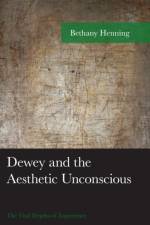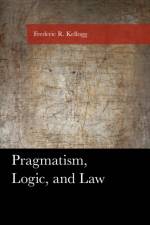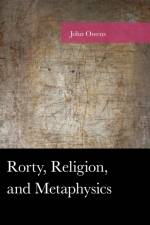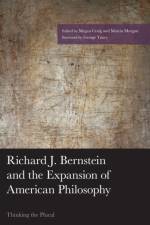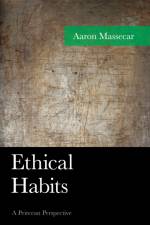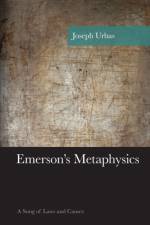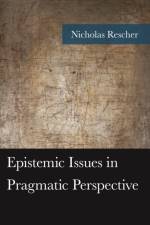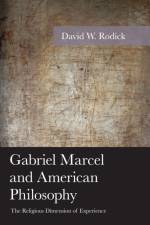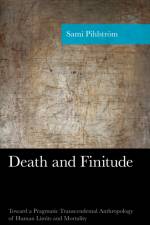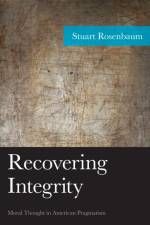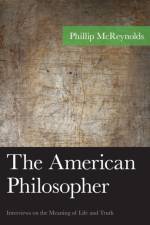- Studies, Polemics, Interpretations
av Krzysztof Piotr Skowronski
1 111
Richard Rorty is perhaps the most famous American philosopher internationally, and his later, neopragmatist philosophy is decidedly one of his most commented upon. Values, Valuations, and Axiological Norms in Richard Rortys Neopragmatism proposes different themes in order to delve into the enormous potential that Rortys later philosophical thought possesses, using the perspective of the axiological and normative dimensions. With reference to philosophers such as Kant, Dewey, Santayana, and Kolakowski, Krzysztof Piotr Skowronski argues that a democratic society is the basic axiological framework and that Rorty's normative focus is the melioration of democratic society. The novelty of this philosophy is that it pays special attention to discourses, narratives, and story-telling as containing within themselves axiological and normative aspects. This book presents these discourses as a way of constructing and reconstructing social reality, rather than as a means of describing reality from a detached perspective. According to this framework, human activity, well-being, and solidarity with other people should be evoked by us much more than any reference to God, the Truth, or absolute Values. This book is written for anyone with interests in American philosophy, intellectual history, or political philosophy.

